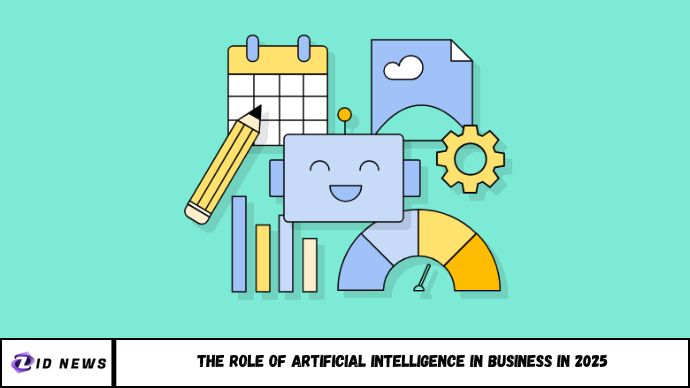The Fine Line Between Ethical and Unethical Use of AI for Businesses

Artificial intelligence (AI) is transforming the business world at an increasingly rapid rate, from customer service robots to supply-chain optimisation. Its potential and capability cannot be denied, but greater reliance on AI also creates basic ethical concerns. Errors can destroy trust, trigger regulatory sanctions, and damage public reputation.
Transparency and Explainability
Transparency is one of the virtues of ethical use of AI. Business executives must ensure that AI-based decisions are transparent and explainable—not only to internal staff, but also to customers and regulators. Explainability allows companies to break down complex AI processes into readable word-based insights.
If a loan application, say, is denied by an AI system, the consumer who is applying for the loan and the decision-maker must be able to understand the “why.”. Failing to provide explanations for the reasons behind such decisions invites distrust and accusations of injustice.
Transparency is not revealing proprietary algorithms or trade secrets but does involve providing clear, understandable explanations as to how a decision was made. Organisations prioritise explainability in order to enhance accountability and retain user trust.
Bias and Fairness
AI systems are no more just than the training data they are built upon. Bias, whether deliberate or inadvertent, may find its way into algorithms derived from historical data that reflects discriminatory societal prejudices. AI software, if not properly regulated and properly calibrated, can be used to enable or even amplify discriminatory behaviour, leading to unethical results. For example, hiring algorithms built from discriminatory data have been found to prioritise male resumes over female resumes, and this has caused outrage in industries.
In order to prevent such obstacles, organisations have to implement strict processes for the identification and reduction of bias within their AI algorithms. Regular auditing, varied data sets used in training, and algorithmic fairness paradigms are all critical tools that ensure decision-making to be objective and unbiased. Through actively engaging in the reduction of bias, firms not only keep themselves safe from moral loopholes but become competitive and inclusive within the marketplace too.
Data Privacy and Security
All such massive power of AI is accompanied by immense responsibility, particularly in dealing with data. AI-driven solutions need to use massive amounts of customer data to function at their optimum levels, but misuse of the data can lead to deep privacy invasions. The recent high-profile hacks have exposed the danger of failing to guard sensitive customer information, damaging trust and corporate brands equally.
Companies must adhere to strict data protection regulations and relevant legislation, such as GDPR or CCPA, to maintain customer confidentiality. Transparency in communicating how user data is collected, stored, and processed also goes a long way in building trust and maintaining ethical practices. Leaders must remember that real AI strength does not lie as much in data access as in ethical use of data. When you work with https://kingkong.co/au/ or another marketing specialist, they’ll ensure that AI is used safely for all practices.
Accountability and Responsibility
AI cannot function on its own; there has to be human intervention to ensure that ethical deployment occurs. Firms have to establish strict accountability for AI-made decisions and their outcomes. This involves defining who in the company is responsible for checking and building AI systems. Without these provisions, firms will likely be plagued with “automation bias,” where faith in AI is so unregulated that humans quietly accept its decision-making without question.
Using cross-functional teams or engaging AI ethics officers can help develop an accountable framework. Also, frequent training sessions for employees for AI applications makes employees remember ethics and ensures accountable usage.
Building a Responsible Future with AI
AI isn’t just a business productivity and innovation technology; it’s a responsibility, too. CEOs who take accountability upon themselves to ensure transparency, fairness, and privacy don’t only stay on the right ethical track but also acquire a competitive edge for an increasingly AI-driven world to come.
With responsible AI, businesses can ensure the technology benefits society and keeps misuse risks in check. For businesses seeking to future-proof their work, responsible use of AI is not just an ethical necessity; it’s a strategic necessity.




